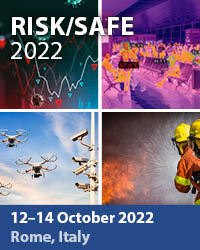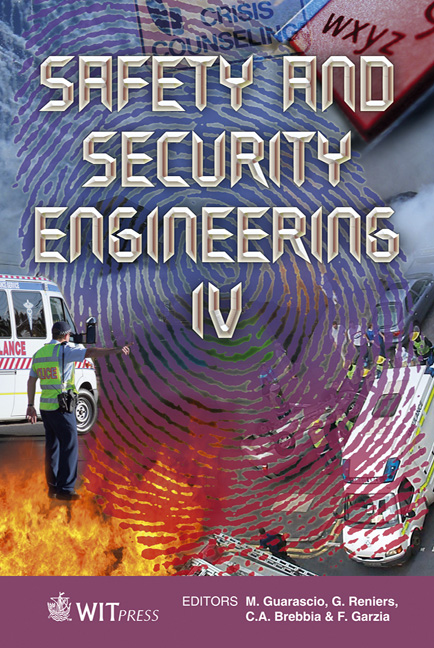Advancements In Simulations For Evacuation, Hazardous Chemical Exposure And Active Shooter Engagements
Price
Free (open access)
Transaction
Volume
117
Pages
11
Page Range
499 - 509
Published
2011
Size
1,313 kb
Paper DOI
10.2495/SAFE110431
Copyright
WIT Press
Author(s)
J. L. Smith
Abstract
Recent terrorist attacks in Mumbai and tragedies such as the Virginia Tech massacre underscore the critical need to understand and train for active shooter and force-on-force engagements with adversary forces. Terrorist organizations are known to possess the intent and capability to attack highly secure critical facilities such as nuclear storage and power facilities as well as schools, stadiums, and other public gathering places. Regardless of whether a disaster is man-made such as a bombing or active shooter event, or naturally occurring such as a tornado, evacuation of people away from the danger is of paramount importance. Advanced agent-based modeling and simulation have evolved to enable virtual investigation of such scenarios. This paper offers insight into the benefits and use of advanced science-based tools to investigate these scenarios in-depth. Virtual simulations provide cost-effective, valuable insight into scenarios that cannot be realistically played out in real-world exercises. Keywords: emergency evacuation, scenario-based simulation, agent-based modeling, active shooter, disaster management, people movement, evacuations, gaming scenarios. 1 Introduction In 2007, two separate coordinated attacks on the Virginia Tech campus left 32 dead and countless wounded. In 2008, more than ten coordinated shooting and bombing attacks across Mumbai India killed 173, wounding more than 308. An armed guard was shot dead in July of 2009 in front of America’s Holocaust Museum. On November 5, 2009 twelve US soldiers were killed and 31 others wounded in the radical shooting at Fort Hood, TX. Many other events, including
Keywords
emergency evacuation, scenario-based simulation, agent-based modeling, active shooter, disaster management, people movement, evacuations, gaming scenarios





